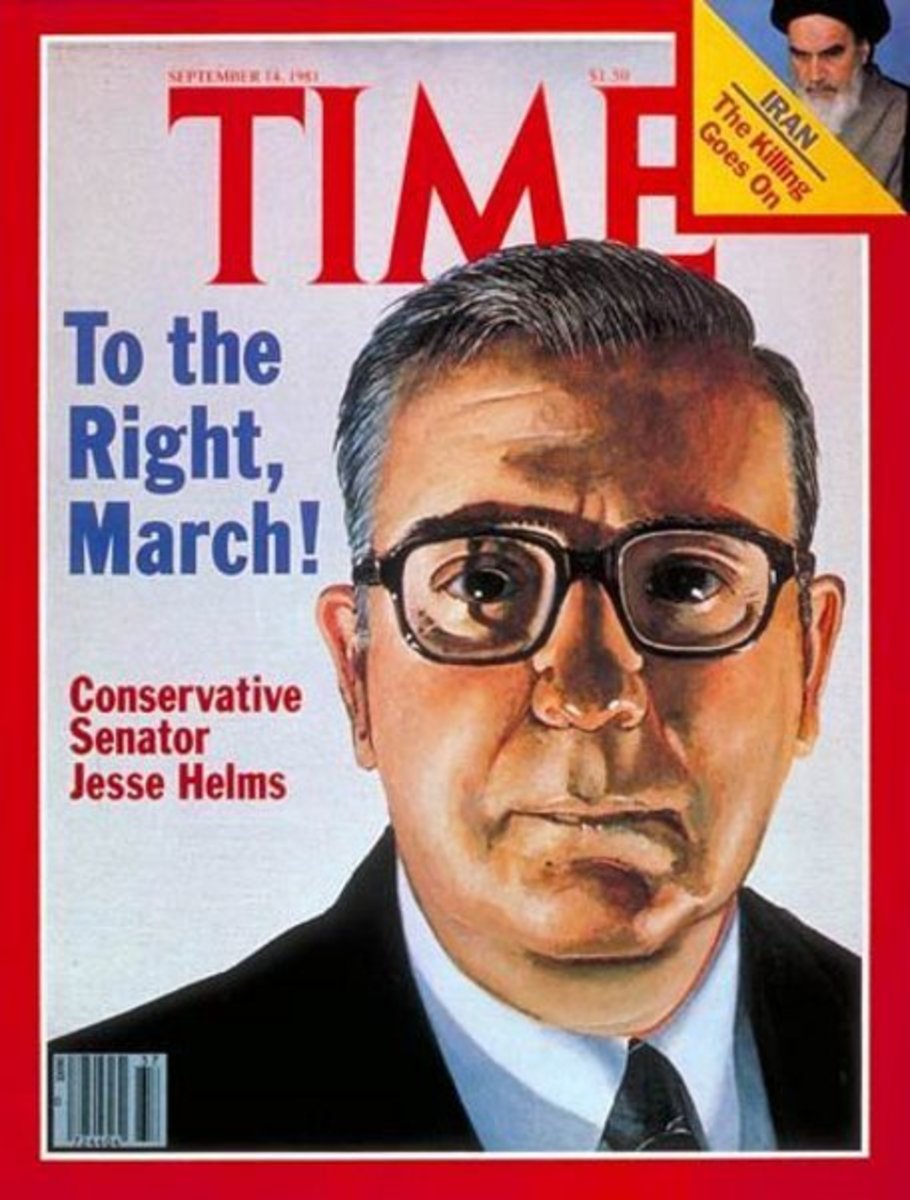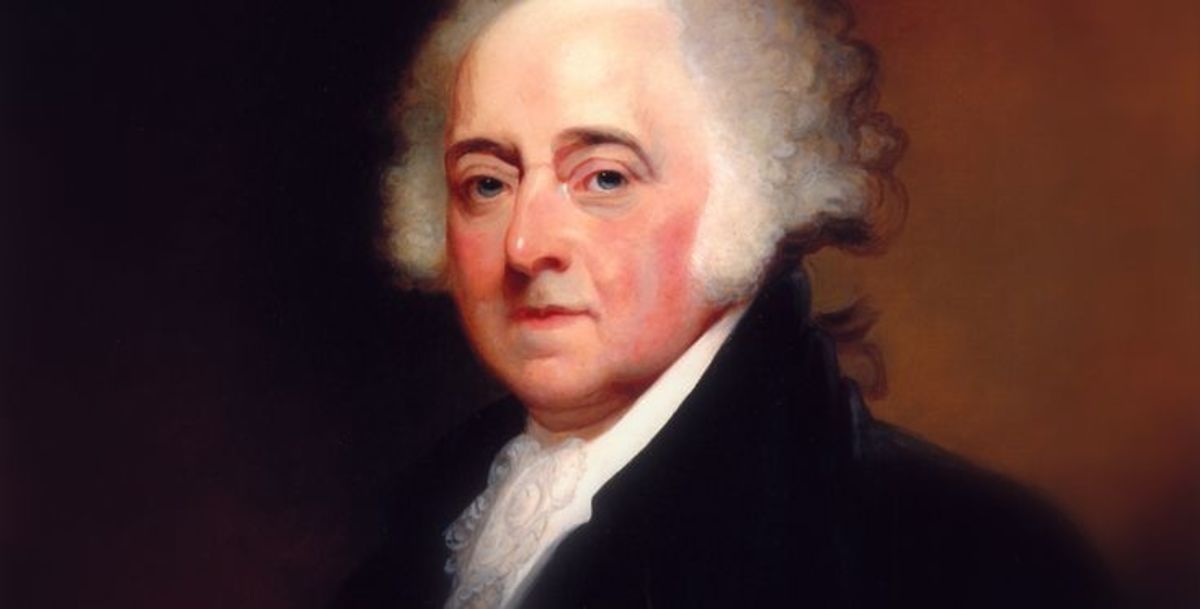History of corporatoracy -Part II
The middle class -- The Underdogs

The Battlefied Has Been Drawn : Keynesian vs. Friedmanism
It changed the world. Ronald Reagan won the presidential election in 1980. Keynesian economics reigned while Milton Friedman was developing his economic theories. A very, young Reagan was a Democrat, believed in Keynesian economics and was the president of the Screen Actors Guild before becoming a union buster. So what happen?
Friedman’s economics became into being in the early 1970’s. Before that, under Lyndon Johnson and later, Richard Nixon, launched major spending programs for medical care, education, urban revitalization, and transportation. Nixon, as a Republican, embraced Keynesian economics as well, increasing direct payments from the federal government to individual citizens through Social Security, Medicare, food aid, and public assistance. He also imposed wage and price controls on big corporations.
Then came Friedman, an economist from the University of Chicago whose ideas turned Keynesian economics upside down. This radical policy was called monetarism. Friedman theorized that the government could not manage the economy because people would shift their behavior to thwart it. He believed that CEOs of private companies would serve the public interest better than civil servants. Keynesian economics, he argued, led to “stagflation” (high Inflation and low economic growth) that dominated the U.S. economy throughout the seventies.
Keynesians contended that Friedman ignored the many imperfections in “free markets.” Chief among these was their contention that people do not always behaved ethically. Executives may abuse information that is not available to others, such as profiting from information about the introduction of new products and the subsequent changes in stock prices. Financial experts intentionally confuse the public with the smoke and mirrors of obscure language such as “collateralized debt” and “derivatives.” Keynesians maintained that without regulations, the market is a petri culture for corruption.
Then came Reagan riding off the silver screen and into the California governor’s mansion and then all the way to the White House. Reagan embraced Friedman’s economics with mantras “the social responsibility of business is to increase profits” and “ less government is good government.” This transformation included transference of assets from public ownership to private and the dissolution of laws that protected consumers and investors from unscrupulous business operators. In retrospect, it was an era characterized by greed, an obsession with materialism, excessive debt (corporate, government, and individual), the formation of huge conglomerates, and ultimately the type of corruption symbolized by Enron, Bernard Madoff and the debacle on Wall Street.
In the nearly three decades following Reagan’s election, the multinational corporations prospered while public investment in roads and bridges, water and sewer systems, and hospitals and schools came to a virtual halt. Increasingly, cities, counties, and states were forced to sell sectors of what once had been considered public property to private corporations. It is estimated that today more than $2 trillion is needed to repair infrastructure that was built during and after the New Deal and then neglected as a result of Friedman economics.
The force released on the world was dominated by Friedman economics. No longer can the United States can say they have the power to control the planet’s geopolitics. The emerging rulers were not presidents, nor dictators, and not politicians.
The rulers are corporate CEOs, members of the corporatocracy. Their conglomerates reach every continent, country and village. Nations have become less sovereign. The multinationals have no restrictions and even though there are many based in the United States and can call on the military to protect their interests, they feel no loyalty to any one country.
This was a form of capitalism that grew out of control, like a cancer. This is a mutant capitalism. Instead of the government became more powerful, the corporations insisted that government to be smaller (less important). The mutant virus took the U.S.S.R. off the superpower list and will (if they haven’t done so already) do the same to the United States.
The CEOs are not chosen by the people, do not serve limited terms, and answer to no one. But they do have tremendous influence in the halls of both local and national governments. Almost no politician gets elected without money that flows through them and their stockholders. They control the mainstream media, either through direct ownership or advertising budgets.
From here, multinationals created a new weapon to satisfy their insatiable appetite: credit debt.








